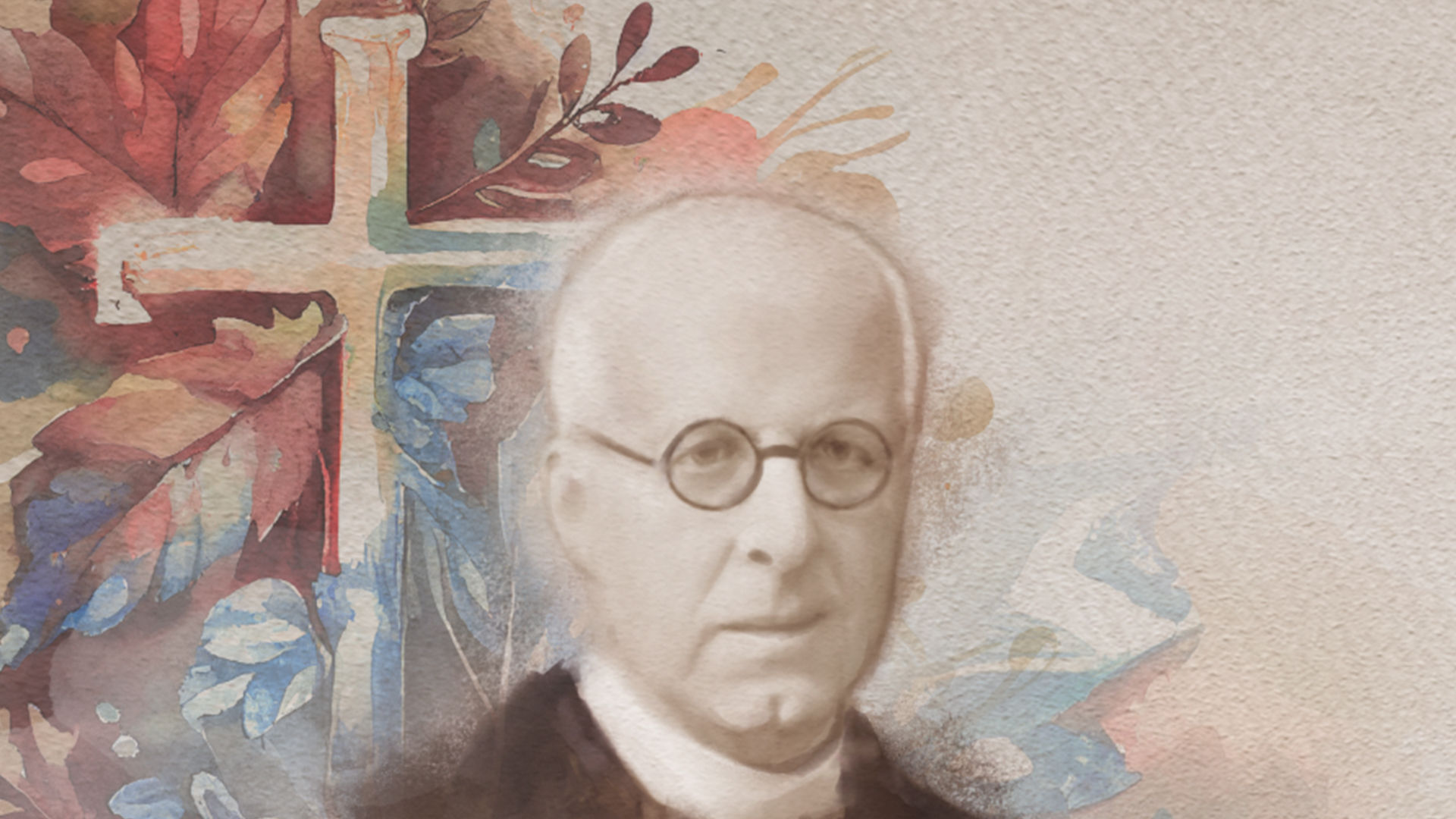Father Manuel Nunes Formigão is one of the key names in the history of the Fátima apparitions. He was born precisely in the Convent of Christ, in Tomar, on 1st January 1883, since his family lived in that building.
At the age of 12, he entered the Patriarchal Seminary in Santarém, where he completed his ecclesiastical studies. He then went to the Pontifical Portuguese College, in Rome, where he obtained a doctorate in Canon Law and Theology. There, he was also ordained priest in 1908.
Acknowledged as the Apostle of Fatima or as the “fourth shepherd boy”, in the sequence of the Apparitions of Fatima in 1917, he was summoned to investigate that phenomenon, having arrived, having witnessed the last two apparitions and having witnessed the so-called Miracle of the Sun.
He proceeded to the interrogation of the three seers, and remained in that locality for several weeks, becoming convinced of the supernaturality of the facts. His opinion was fundamental for the progressive acceptance of the Fatima apparitions by the hierarchy of the Catholic Church.
Fascinated by the phenomenon of Fátima, he wrote the book “Os episódios maravilhosos de Fátima” (“The wonderful Fátima events”), and made efforts for the acquisition of the land for the construction of the Chapel of the Apparitions. In 1926 he also founded the Congregation of the Sisters of Reparation of Our Lady of Sorrows (Nossa Senhora das Dores) of Fatima.
In 1934 he continued his priestly mission in the Bragança-Miranda Diocese, by special request of the bishop of that diocese, where he devoted himself to the apostolate, also holding the offices of rector of the seminaries of Bragança and Vinhais.
Father Manuel Nunes Formigão died on 30th January 1958, in Fátima, and his mortal remains were transferred, in 2017, to a mausoleum in the House of Our Lady of Sorrows (Nossa Senhora das Dores), of the Congregation of the Sisters of Reparation of Our Lady of Fátima (Nossa Senhora de Fátima).
Due to the history of his virtuosity, in the year 2000, the Portuguese Episcopal Conference authorized the opening of a process for his beatification and canonization, which is still ongoing.
Father Manuel Nunes Formigão
